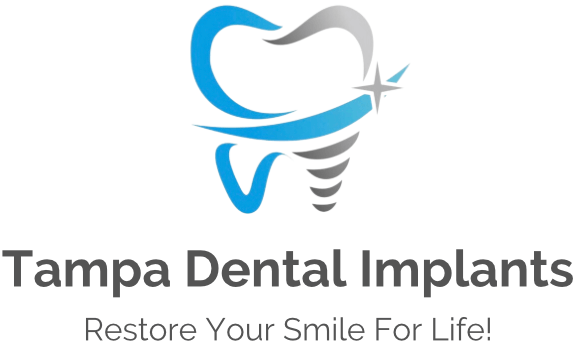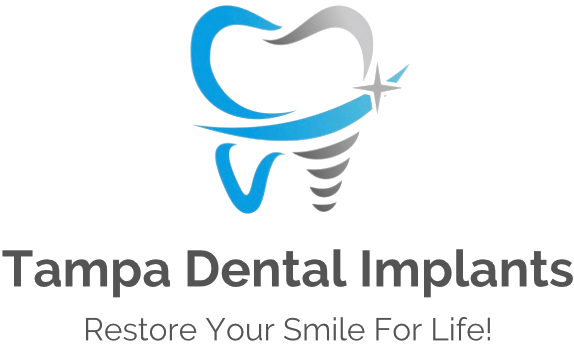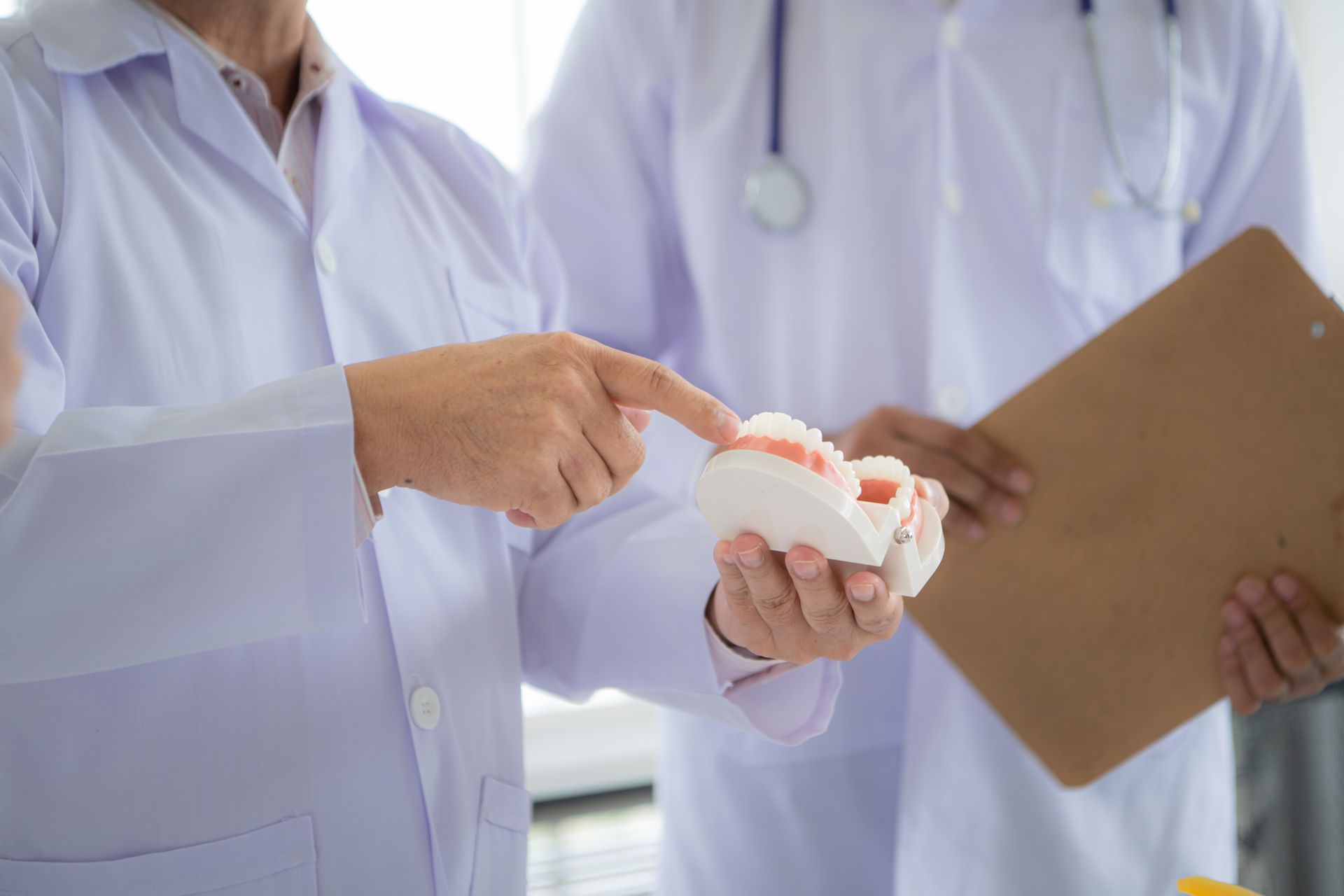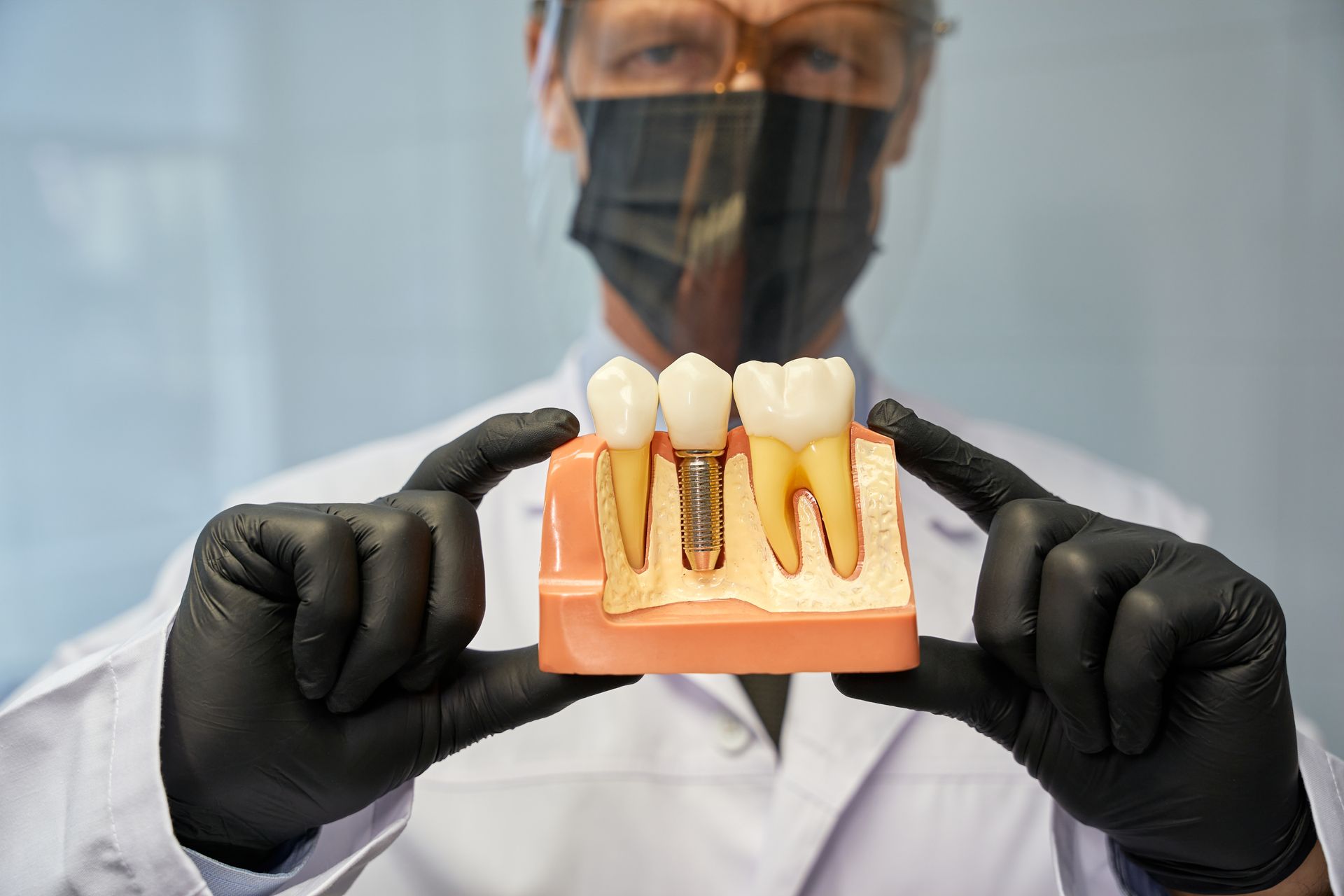This Is The Best Way To Eat With Dental Implants (2024)

A Guide to Eating with Dental Implants
Your teeth go through a lot in your life. When you choose Dr. Keenan Osman with over 3,000 dental implants you can feel assured that Dr. Osman's experience will help guide you through any questions post-operation that you may have about your diet. You can look forward to this blog helping you guide through any open-ended questions you may still have from the healing process to foods to enjoy or avoid. It is important to note that after 7-10 days you can start returning to a normal diet while airing on the side of caution because the full recovery period can last three to six months. Let's jump into understanding the healing process.
Get the smile that you have been dreaming of at Tampa Dental Implants. Give us a call at
(813) 212-2628 or you can
contact us here.
Understanding the Healing Process and Dietary Adjustments After Dental Implant Surgery
The healing process following dental implant surgery is a crucial period that significantly contributes to the success of the implant. Once the implant is surgically placed in the jawbone, it undergoes a process known as osseointegration, where the bone gradually fuses with the implant, forming a strong and stable foundation for the artificial tooth. This phase can vary in duration, typically ranging from three to six months, depending on individual healing rates and the quality of the jawbone. During this time, it's essential to follow a diet primarily consisting of soft foods to avoid exerting undue pressure on the implant site. Pain and swelling are common in the immediate aftermath of the surgery, but these symptoms generally subside within a few days. Adhering to good oral hygiene practices and following post-operative care instructions provided by the dentist is vital to prevent infection and promote efficient healing. Regular follow-up appointments are also important to monitor the progress of the implant and ensure everything is healing as expected.
Foods to Savor with Dental Implants
After undergoing dental implant surgery, it’s important to choose foods that are gentle on your implants, especially during the initial healing phase. In the first few days to a week, focus on soft and easy-to-chew foods to avoid discomfort and protect the implant site. Ideal options include smooth soups, broths, yogurt, applesauce, scrambled eggs, mashed potatoes, oatmeal, and soft fruits like bananas. As your mouth heals and you become more comfortable, you can gradually reintroduce firmer foods into your diet. It's also beneficial to maintain a well-balanced diet rich in vitamins and minerals to support your overall healing process. Hydration is equally important, so be sure to drink plenty of water. However, it's advisable to avoid very hot beverages immediately after the surgery. Remember, while the implant site is healing, it’s best to steer clear of hard, crunchy, or sticky foods that could disrupt the healing process or damage the implant.

Foods to Avoid with Dental Implants
Now that we know what foods can be consumed let's learn about food that should be avoided. It's crucial to be mindful of certain foods that can potentially harm or damage your new dental implants, especially soon after the surgery and during the healing process. Hard and crunchy foods like nuts, seeds, popcorn, and hard candies should be avoided as they can exert excessive pressure on the implants. Sticky and chewy foods such as caramel, taffy, and gum can also maybe problematic, as they might pull on the implant. Extremely hot or cold foods might cause discomfort, especially if there's any sensitivity around the implant site. Additionally, it's wise to limit or avoid foods that are high in sugar and acid, like sodas and certain fruits, to prevent bacterial growth and decay in the surrounding teeth. Alcohol can also hinder the healing process and should be avoided in the initial recovery phase. By steering clear of these types of foods, especially in the early stages post-surgery, you can help ensure a smoother healing process and the long-term success of your dental implants.

Adjusting How to Eat with Your New Dental Implants
Learning how to eat with dental implants is a gradual process, but most patients find the transition smooth. Adjusting to eating with dental implants can take a little time as you get accustomed to the feel of these new additions to your mouth. Initially, it's advisable to start with softer foods that require minimal chewing effort, to give your mouth and implants time to adapt. As you grow more comfortable, you can gradually introduce a wider variety of foods, paying attention to how your mouth feels and reacts. You may notice that certain textures or temperatures feel different at first, but this is completely normal. Over time, eating with dental implants will become more natural. The implants are designed to function like your natural teeth, so eventually, you'll be able to enjoy most, if not all, of your favorite foods without any discomfort or difficulty. It's important during this adjustment period to maintain good oral hygiene and follow any specific dietary advice provided by professionals at Tampa Dental Implants. This careful approach ensures both the health of your implants and a smoother transition to enjoying a full, unrestricted diet.
Importance of Maintaining Dental Implants
Proper maintenance of dental implants is essential for their longevity and the overall health of your oral cavity. Regular brushing and flossing, along with routine dental check-ups, are critical to prevent plaque and bacteria buildup, which can lead to infections and peri-implantitis. This condition, similar to gum disease, can cause bone loss and implant failure. Additionally, avoiding harmful habits like smoking, which impairs healing and gum health, and refraining from biting hard objects can help prolong the life and stability of your implants. Essentially, a small investment in daily care and periodic professional maintenance ensures the enduring success and functionality of your dental implants.
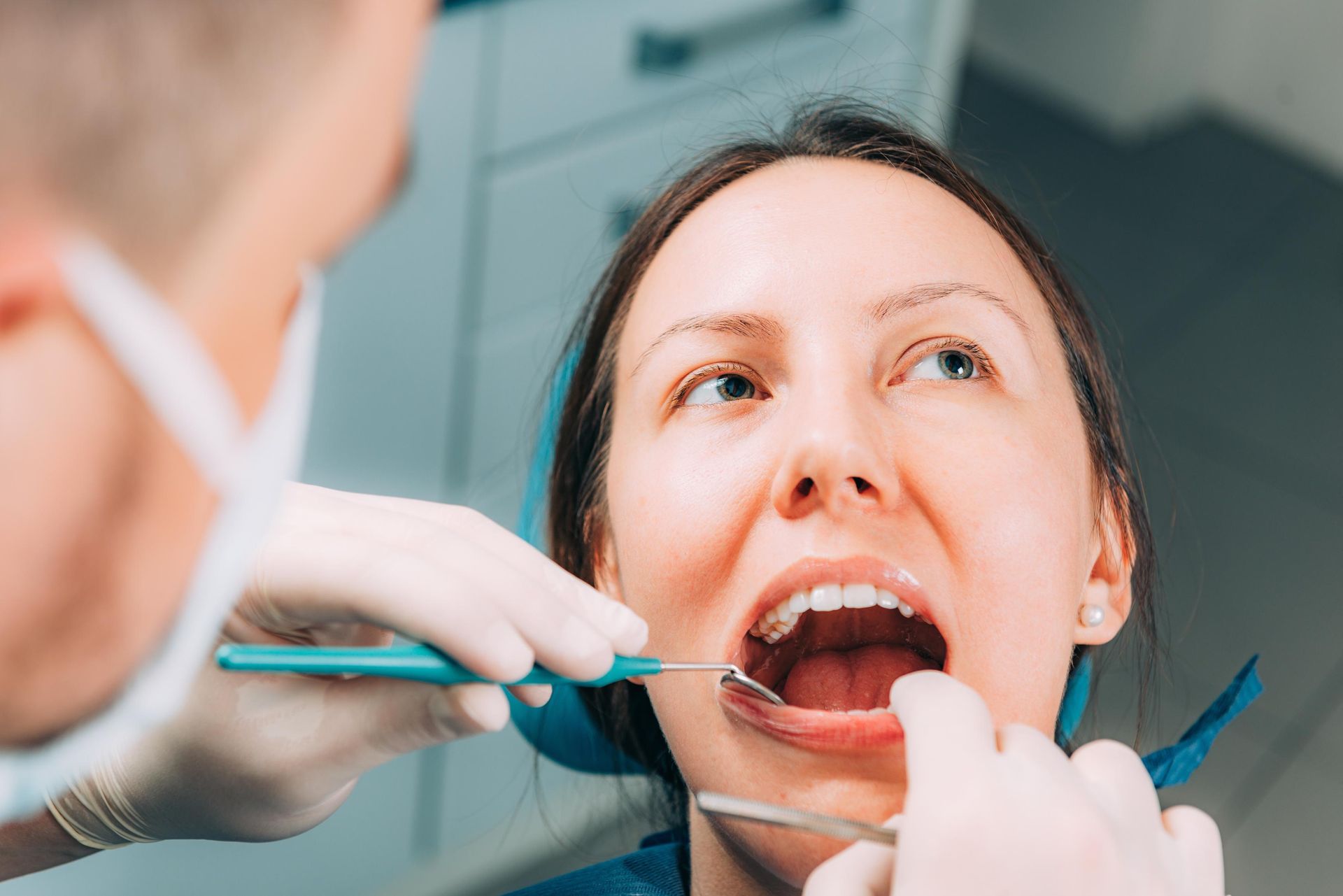
Mastering the Art of Eating with Dental Implants
Eating after dental implants can feel like a daunting task but hopefully, this gives some insight into what foods to choose and how to take care of your new dental implants. Now that you have mastered the art of the best practices of eating after dental implants I would like to hear from you. Was there something that you learned about eating with your dental implants? Did I miss something? If so leave a comment down below!
Need to know more information regarding Dental Implants? Give us a call at
(813) 212-2628 or you can
contact us here.
